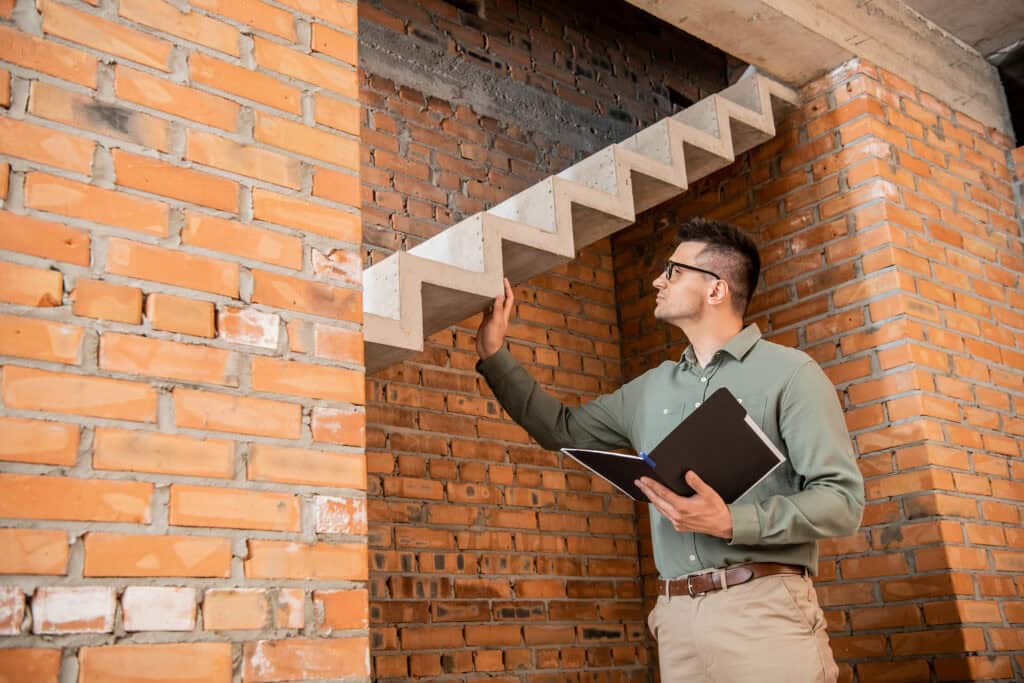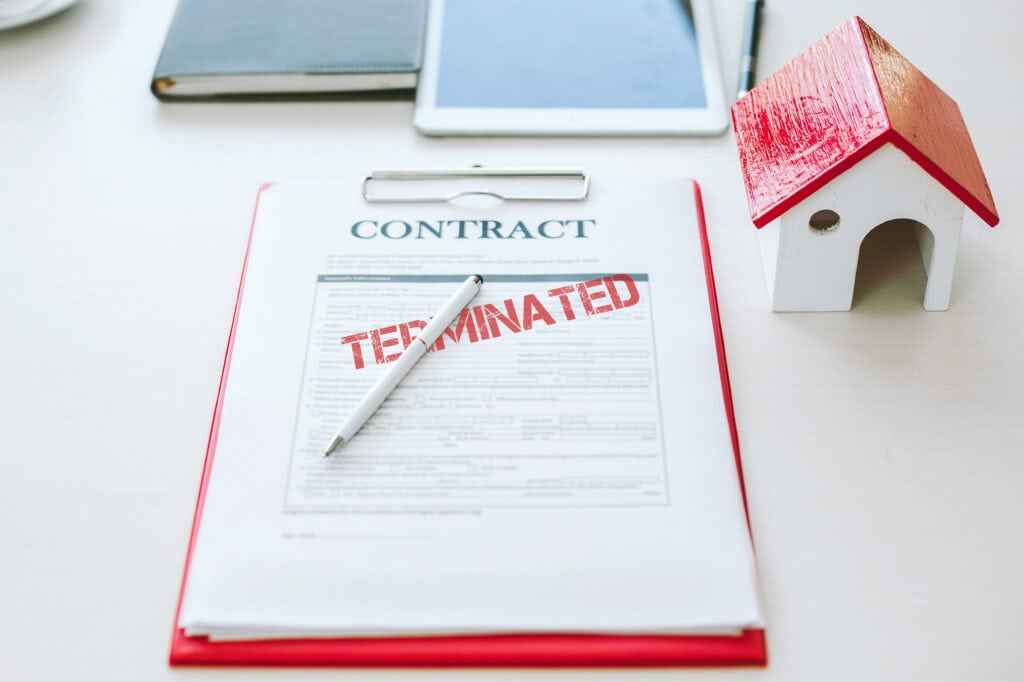When getting your house ready to sell, you have a lot of decisions to make. From timing to pricing to whether to move out during the process and more, every decision is crucial in attracting buyers and getting top dollar for your home. And one of the most important steps is often overlooked: getting a pre-sale home inspection before putting your house on the market. This can illuminate hidden issues, boost buyer confidence, and ensure a smooth transaction.
What is a pre-sale home inspection?

A pre-sale home inspection, or a pre-listing home inspection, happens before you officially list your home for sale. You hire a licensed home inspector to assess your home’s condition and document it in a report. This helps you uncover existing issues or potential concerns that could impact the sale of your home.
A pre-sale home inspection identifies problems early

Getting a pre-sale home inspection means you’re being proactive. The inspection helps you identify existing or potential issues with your property. It’s not uncommon for homeowners to be unaware of underlying problems that can come up during home inspections and that can be dealbreakers for potential buyers.
When you’re aware of the issues early on in the process, you’ll have time to decide how you want to proceed. If you choose to make repairs before listing, it will likely be less costly than having to make emergency repairs to close a real estate transaction. And when you do make those repairs, your listing is more attractive to potential buyers and can command a higher price.
Buyer confidence is enhanced with advance information
It’s important to be transparent when selling your home. By sharing the inspection report with potential buyers, you’re providing that transparency and helping them understand exactly what they are buying. This can also reduce buyer anxiety, as they will be less likely to worry about hidden defects.
Some buyers will still want to conduct their own inspection, using a home inspector of their choice. But many potential buyers will be satisfied with the home inspection report you provide them, which could result in offers with more favorable terms (i.e., no inspection contingency).
Pre-sale inspections facilitate smoother transactions

Your real estate transaction can go downhill quickly when the unexpected happens. So knowing your home’s condition up front allows for a smoother selling process. When both parties are aware of the home’s condition upfront, negotiations are less likely to be derailed by surprises.
For example, let’s say you don’t order a pre-sale home inspection and end up accepting an offer with an inspection contingency. The buyer’s home inspector finds potential problems with the property’s drainage and foundation. The buyer may then request additional time to consult with a landscape professional and/or a structural engineer. In the end, the buyer might request you make repairs before the transaction can be completed or that you provide a large credit so they can take care of the issues after the deal closes. Worst-case scenario, the buyer walks away from the deal altogether. Then it’s back to square one, looking for a buyer, and now your listing has a black mark against it.
It’s always a good idea to know the condition of what you’re selling before you try to sell it.
You can price your home appropriately when you know its condition
An informed seller is an empowered seller. When you understand the true condition of your home, you can set a realistic price, which is crucial for a fast and fair sale.
Your pre-sale home inspection will help you adjust your asking price accordingly. If significant issues are found, you may want to lower the starting price. Alternatively, you can make necessary repairs, which can then justify your original or an even higher asking price.
Price is the number one factor for a successful home selling transaction, and the pre-sale inspection can help you get this one right.
Your pre-sale home inspection can give you stress relief

Selling your house can be an extremely stressful experience. A pre-sale inspection can significantly alleviate this stress by helping you be mentally prepared for what’s to come. If you’re aware of specific issues with your property, you’ll be ready for the discussions and negotiations you’ll be having with your real estate agent and potential buyers. When you know what’s what in advance, you can schedule and complete repairs on your timeline, avoiding the chaos and stress that comes with last-minute fixes.
Give yourself legal protections
The legal implications of selling your home are not to be underestimated. A pre-sale inspection can serve as a legal safeguard, providing a layer of protection against post-sale disputes.
Your home inspection, conducted by a professional and licensed home inspector, ensures that you meet your disclosure obligations when selling your home. This can help reduce the risk of legal claims from the buyer after the transaction closes. And if any dispute does arise, your inspection report and any records of repairs show that you acted in good faith and that you made required disclosures.
A pre-sale inspection is the smart decision
If you want to be strategic in how you sell your home, you won’t skip the pre-sale home inspection. From identifying problems early to helping you price your home, from reducing your stress to giving you a layer of legal protection, the pre-sale inspection positions you to maximize your home’s value and minimize potential headaches.
So if you’re considering selling your home, contact a reputable home inspector to ensure you’re fully prepared for the selling process.
